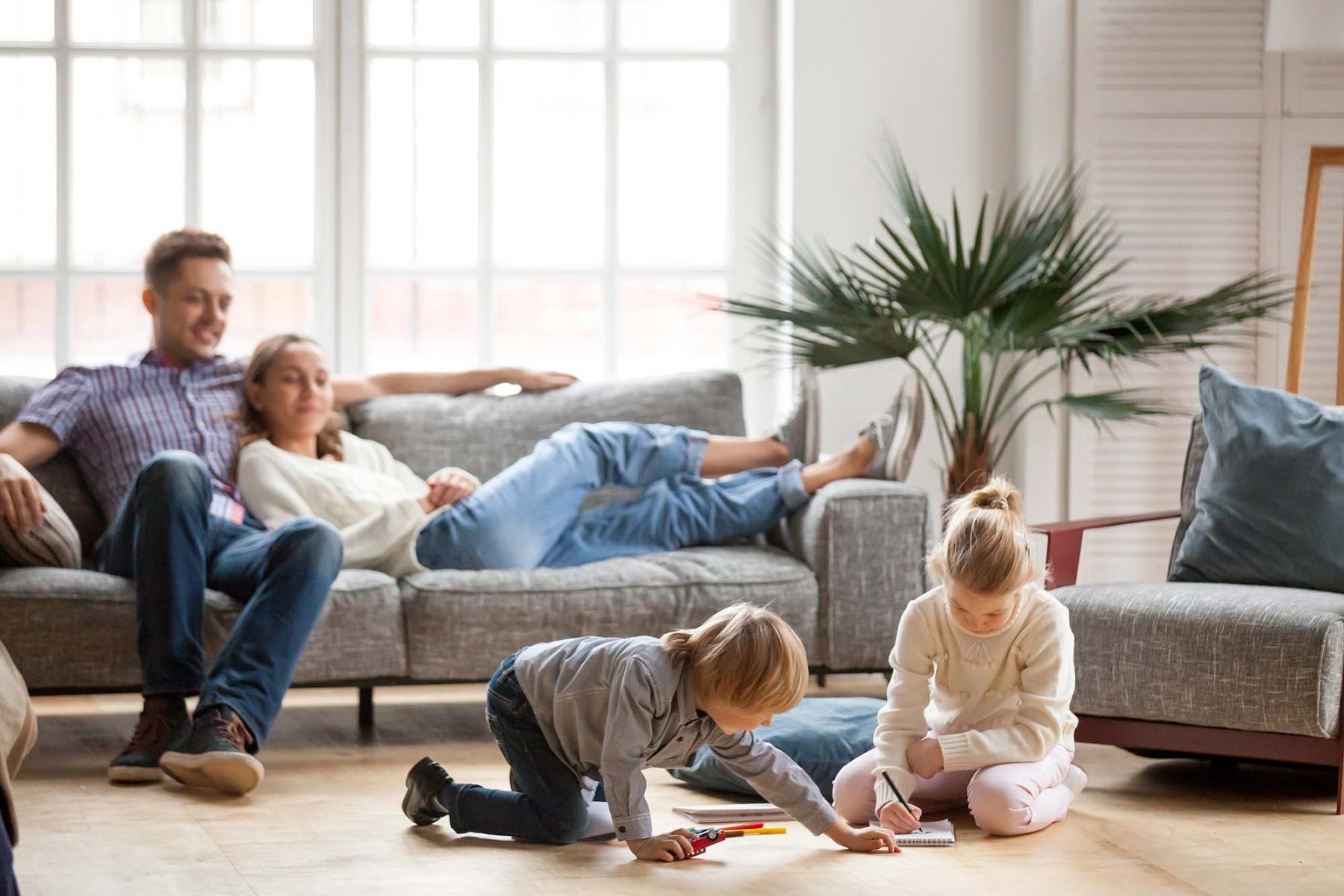
Health and wellbeing are top of mind for many families, with COVID–19 being at the forefront of our lives over the last year and a half. What you might be surprised to learn is that prevention can start at home, to some extent.
The last three words of that sentence are of critical importance. Air purifiers, though not panaceas, can serve as one line of defense against viruses and infection. To understand if and how you’re protected, let’s dive into the science.
How an air purifier filter works
Mechanical air purifiers work because filters trap particles with a mesh filter typically woven of glass or specialty synthetic fibers. But not all filters are created equally. High–Efficiency Particulate Air (HEPA) and HyperHEPA filters are mechanical air purification filters. It’s been shown that mechanical filtration is the safest and most effective method to remove airborne particles from the air.
In addition to quality, there are significant differences in the functionality of air filters. Mechanical filters trap larger particles and let air pass through. Think of it like a strainer catching food while water and dirt filter through. Synthetic air filters, on the other hand, use a charged media made up of synthetic fibers with an electrical charge to increase the “sticky” factor.
Due to the high airflow factor, most HEPA filters today use synthetic media. But these fibers lose their charge over time, as particles “stick” to the filter and the filter becomes overloaded. The result is that HEPA efficiency dramatically decreases as the filter is loaded with pollutants.
The mechanical format can offer more peace of mind over time when helping filter viruses compared to the synthetic variety. Furthermore, HEPA filter media must be proven to capture particles down to 0.3 microns. That’s almost three times the size of the average virus, which means there’s vulnerability there.
The bottom line
Air purifiers are not designed to be the first line of defense against viruses. Still, an air purifier that can filter airborne minuscule particles is part of a prudent strategy to prevent virus transmission.
You should know that viruses can be captured by filters designed for tiny particles, but this doesn’t guarantee that you’re fully protected. Airborne transmission is only one way that viruses are spread. Even the most efficient air purifiers are not 100% effective in preventing the spread of infection.
This is a scenario when something that sounds too good to be true probably isn’t entirely accurate. With that in mind, any manufacturer that claims to 100% prevent virus transmission is selling a false bill of goods that can be harmful to public health. Air purifiers can help remove viruses from the air but cannot stop all modes of transmission. Any manufacturer that claims to 100% prevent virus transmission is falsely advertising. Air purifiers can help remove pollutants, including viruses, from the air but cannot stop all modes of transmission.
Shopping for an air purifier
Maybe you’re interested in the benefits air purifiers can provide. As with any major purchase, it helps to do your homework so you can ensure you’re making the right choice for your household. Start by thinking about the size of the area you want to cover. Air purifiers are most effective in smaller rooms with all the doors shut. That means homes with an open floor plan are going to be more difficult to manage. You also might have to upsize a little if you have higher ceilings. But if you’re looking to filter the air in a 600–foot space with a device that’s designed to cover 300 square feet, it would be smart to invest in two devices.
As discussed above, not all air purifiers are of equal quality and effectiveness. If you’re in the market for an air purifier, you can’t go wrong with Lennox’ PureAir™ S. This whole–home air purification system combats the three major types of indoor air pollutants: airborne particles, germs, and chemical odors. The system works seamlessly with the iComfort® S30, an ultra–smart thermostat that makes perfect air a breeze. The thermostat’s Allergen Defender monitors your area’s air quality and pollen levels, automatically turning on the fan to clean your home’s air when outdoor levels are high. It also removes unpleasant household odors and vapors. Watch this quick video to learn more.